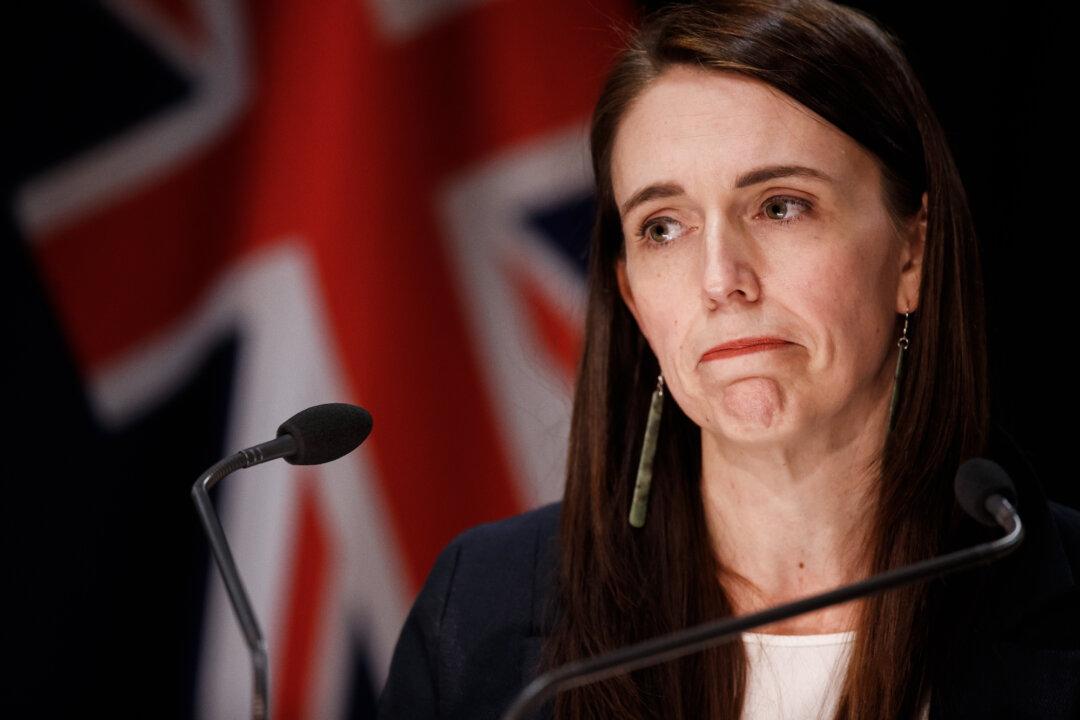The “historic” trilateral security pact between Australia, the United States, and the UK will take precedence over the existing and long-running ANZUS treaty involving New Zealand and the U.S.
Joseph Siracusa, adjunct professor of international diplomacy at Curtin University said the “AUKUS” alliance was really an “updating” of the Australia, New Zealand, and United States (ANZUS) security treaty.





